Maintaining Body Composition Through Menopause
Many women notice shifts in body composition during menopause—like gaining fat more easily, losing muscle, or storing weight differently than before. These changes can feel surprising or even discouraging, but they’re very common, not your fault. They’re rooted in biological changes that happen with age and hormonal shifts.
Let’s look at what’s happening—and how fitness (especially strength training) can be a powerful, positive tool during this transition!
1. Hormonal Changes (Especially Estrogen)
Estrogen influences how and where the body stores fat. As levels drop during menopause, fat distribution often shifts to the belly, and it becomes harder to build or retain lean muscle.
➡️ Why Strength Training Helps:
Strength training encourages muscle growth and retention—even in a lower-estrogen environment. More muscle means a higher resting metabolism, improved insulin sensitivity, and better support for joints and bones.
2. Muscle Loss with Age
As we age, the body naturally begins to lose muscle unless you actively work to maintain it. This process accelerates during and after menopause, leading to a slower metabolism and changes in strength and shape.
➡️ Why Strength Training Helps:
Lifting weights or using resistance builds muscle and slows or even prevents muscle loss. Even small gains in muscle mass make a big difference in how your body feels, moves, and metabolizes energy.
3. Sleep Disruptions
Night sweats, hot flashes, and hormonal changes can make restful sleep hard to come by. Lack of sleep affects hormones related to hunger and recovery, and can lead to increased fat storage and muscle breakdown.
➡️ Why Fitness Helps:
Regular exercise—especially low-impact cardio and strength training—has been shown to improve sleep quality and reduce the severity of menopausal symptoms like insomnia and anxiety. Better sleep helps your body recover and regulate itself more effectively.
4. Increased Stress & Cortisol
Stress levels often rise in midlife, and high cortisol can lead to increased fat storage around the midsection. It also makes it harder to recover from workouts and regulate appetite.
➡️ Why Fitness Helps:
Exercise reduces cortisol levels and boosts endorphins. Strength training, in particular, offers a structured, empowering way to channel stress and build resilience—mentally and physically.
5. Nutrition Needs Shift
During menopause, your body may need fewer calories, but more protein and nutrients to support muscle and bone health.
➡️ Why Fitness Helps You Tune In:
Staying active helps you stay connected to your body’s signals—like hunger, fatigue, and energy. Plus, strength training increases the body’s demand for protein and nutrients, often leading to better nutrition choices naturally.
Menopause can feel like a turning point—but it doesn’t have to mean giving up on feeling strong, capable, and at home in your body. Movement, especially strength training, won’t "fix" menopause—but it can help you meet this phase with strength, support, and self-compassion.
